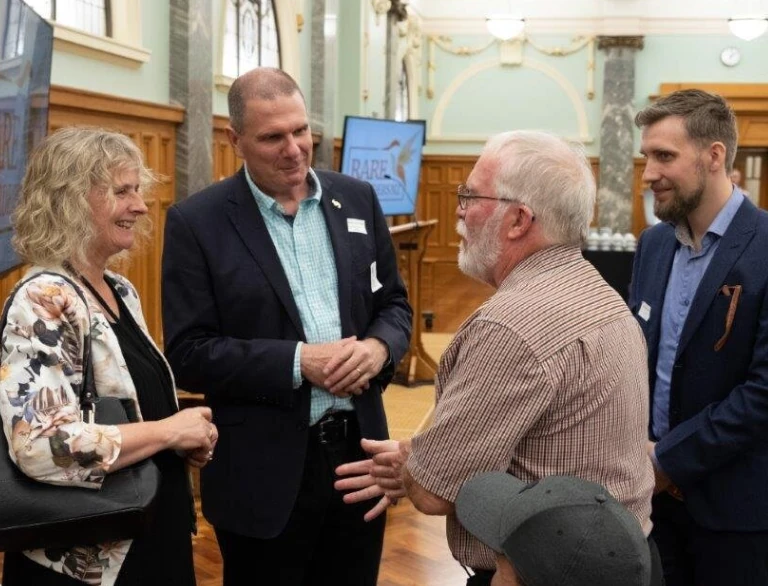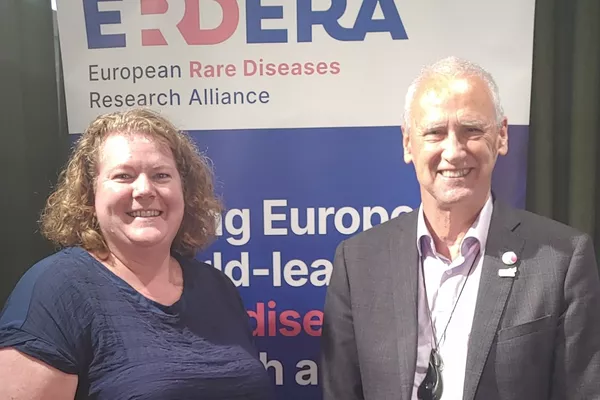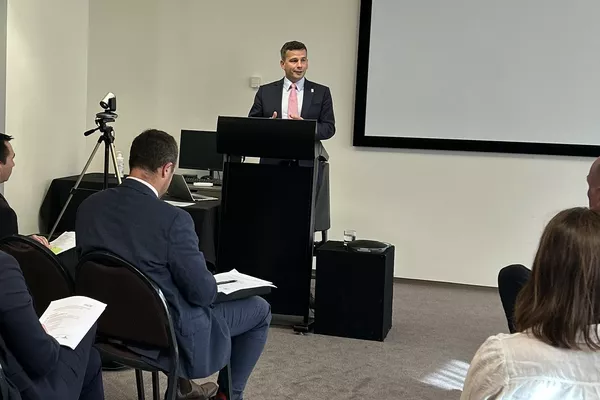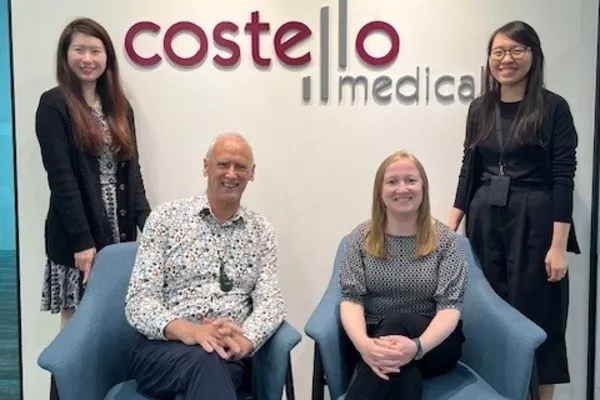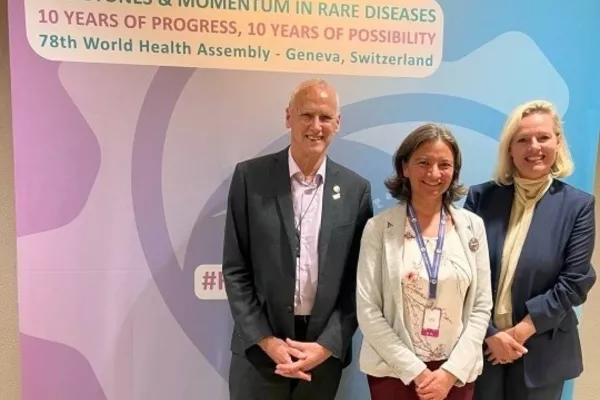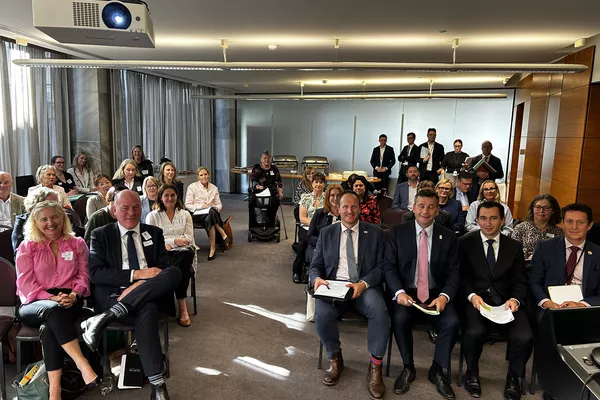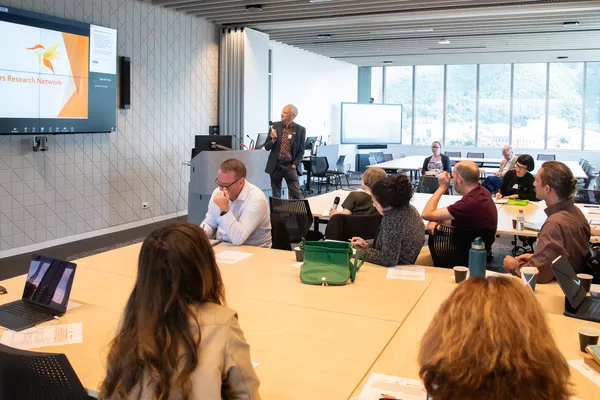Clinical Resources
Resources and links for managing rare disorders
Supporting your rare patient
As a healthcare provider, you may be the first point of contact for someone at the beginning of their life-changing journey of living with a rare disorder. Your approach can mean all the difference to how their journey is experienced, from getting a diagnosis to accessing the right care.
You do not need to know every disorder, but you can walk alongside your patient and be open to learn with them.
My son’s current Specialist is the one doctor who is always well-prepared for our appointments and has a plan for the next steps. He allows me to be a parent instead of an advocate.
Parent of a child with a rare disorder.

Resources for Clinicians
Medics 4 Rare Diseases - M4RD provides education and practical tools targeted at medical professionals, enabling them to reduce the diagnostic odyssey and improve the patient experience. Their online module, Rare Disease 101, is aimed at medical professionals with little prior knowledge in rare diseases. It consists of the basic principles of what rare disease is, how you may suspect a rare disease, challenges faced by those living with a rare disease and how to support them.
Research Review, Speaker Series: Awareness of Rare Disorders - Rare Disorders NZ presentation at GP CME in Rotorua 2022 to improve awareness of rare conditions and offer opportunities, knowledge and resources that allow community practitioners to be better prepared for identifying and managing undiagnosed and rare patients.
Find Zebra - FindZebra is a tool for helping aid the diagnosis of rare diseases using freely available high quality curated information on rare diseases and open-source information retrieval software. FindZebra is intended primarily for physicians and other professionals concerned with diagnosis of rare diseases.
Rare Diseases Clinical Research Network - The RDCRN program is designed to advance medical research on rare diseases by providing support for clinical studies and facilitating collaboration, study enrollment and data sharing.
Rare Disorder Databases
Orphanet
A database dedicated to information on rare diseases and orphan drugs. It has most of the numerous rare diseases described in its database.
Genetic and Rare Diseases (GARD) Information Center
A programme of the National Institutes of Health in the US that provides free access to reliable, easy-to-understand information about genetic and rare diseases.
NORD Online Physician Guides
A resource for clinicians about specific rare disorders to facilitate the timely diagnosis and treatment of their patients.
NORD’s Rare Disease Database
Brief introductions for patients and caregivers to specific rare diseases.
Clinical Trials
The largest clinical trials database which lists all research studies in over 200 countries.



